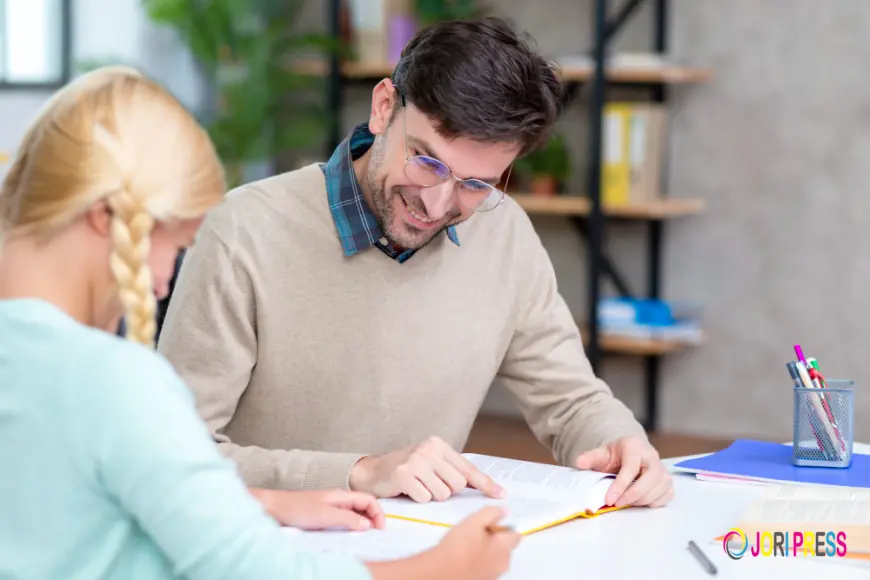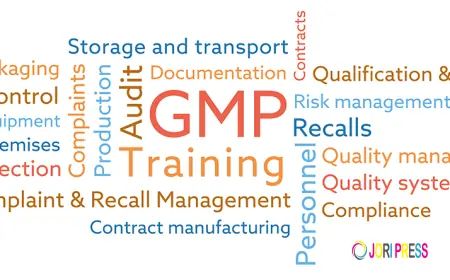Key Counselling Exercises Every Certificate Holder Should Know
Discover essential counselling exercises every certified professional should master to boost skills and client success.

Counselling is not just the theory of learning and practice, it involves skills that should be useful in real life scenarios. Practical exercises are the key to gaining confidence and becoming efficient in supporting others, which is necessary to the certificate holders. These practices enable the learners to take active role in working with counselling principles and establish good bases of professional development.
Practical training gives a chance to work on the communication, emotional and empathetic awareness. Through practise of important techniques, holders of the certificates can gain the confidence to use these skills wherever they want, whether it is in the workplace environments or when having personal interactions.
Why Level 2 Counselling Skills Are Important
For beginners, the level 2 counselling skills are the basis of developing confidence for communications and emotional support. The essential skills that are presented at this level include active listening, paraphrasing and empathy that are basic in building strong therapeutic relationships.
A foundation at this level provides the certificate holders with an opportunity to have more advanced training with good skillset. More to the point, they can be applied to many fields of work including education and social care, healthcare and workplace management.
Essential Counselling Exercises for Certificate Holders
The training of counselling skills revolves around practical exercises. They offer practical experience to the learners to understand the functioning of communication in emotionally sensitive situations. The certificate holders are advised to ensure that they engage in these exercises during the training sessions, which are under supervision and during personal development.
Role-play scenarios, active listening tasks, empathy-building activities, and guided reflections are also some of the most important exercises. Such methods assist learners in determining their strengths and weaknesses and encourage them to maintain constant improvement.
Active Listening and Reflection Techniques
One of the most crucial skills that a counsellor should have is active listening. A good exercise is to get partnered with another learner and have a practise in listening without interruption. Then the listener makes a retrospective reflection of what has been said whereby the listener has to make sure that the speaker was understood correctly. This assists in developing attentiveness and makes the client feel highly listened to.
Active listening is accompanied by reflection techniques. Counsellors can show empathy and be transparent without misunderstanding or misinterpretation by paraphrasing what a speaker has told them. These exercises play a very essential role in fostering trust and understanding during the counselling.
Role-Play and Real-Life Scenarios
One of the best methods of putting counselling skills into practice is role-play. The learners assume various roles as counsellor, client and observer to model the actual counselling conditions. This practice promotes flexibility, versatility, and the confidence of using theoretical knowledge in practical situations.
-
One-to-One Conversations - In this activity, the learner needs to talk a bit about a difficulty as the other person uses active listening and reflection.
-
Crisis Scenarios - Role-playing to simulate an emergency to train how to remain relaxed and maintain empathy.
-
Feedback Sessions - Observers give positive feedbacks on communication style, empathy and listening ability.
Through the role-play, the certificate holders will feel more prepared dealing with the dialogue that involves sensitive or emotional problems.
Building Empathy and Emotional Awareness
The counselling practice revolves around empathy and it requires constant self-awareness to build it. This is usually done through reflective journaling in which learners capture their emotional reaction to the interactions and determine what needs to be improved.
Another good exercise is called empathy mapping, in this case learners put themselves in the situation of a client. This enhances the knowledge of various views and the capacity to react with empathy in subsequent sessions.
Applying Skills in Professional and Everyday Settings
Counselling skills are not restricted to the therapy sessions only, they are useful in most situations. Educational, healthcare, and social care practitioners tend to use these methods in order to help people overcome difficulties. The certificate holders can use these skills by incorporating active listening, empathy and reflection on their day to day interaction.
To the individuals who are interested in taking counselling careers, some organisations like Bright Pathway provide well-structured learning enabling the learners to practice counselling exercises outside the classroom setting. The skills can be used to improve personal relationships even beyond work experience by communicating better, resolving conflicts and understanding each other better.
Continuous Practice for Long-Term Growth
As any skill, counselling methods demand continuity. Looking back periodically, practicing with peers, and role-play make sure that the certificate holders keep honing their skills. Life-long learning is also useful in making professionals adjust to new circumstances and remain effective in the long run.
Self-understanding, dedication and readiness to be corrected lead to long term growth. To the individuals who are determined to advance their career, continuous training develops the level 2 counselling skills and will result to higher qualifications in counselling and psychotherapy.
Strengthening Your Counselling Journey
No certificate holder will be capable of making any significant impact without mastering some of the most important counselling exercises. These skills offer a powerful base of professional practice and personal development since active listening and reflection lead to roles-play and empathy development.
With the consistent use of such techniques, the learners enhance the level of their counselling skills, as well as develop the ability to be empathetic and communicate effectively in their daily life.
for more detail visit: brightpathway.co.uk
What's Your Reaction?
 Like
0
Like
0
 Dislike
0
Dislike
0
 Love
0
Love
0
 Funny
0
Funny
0
 Angry
0
Angry
0
 Sad
0
Sad
0
 Wow
0
Wow
0

















































